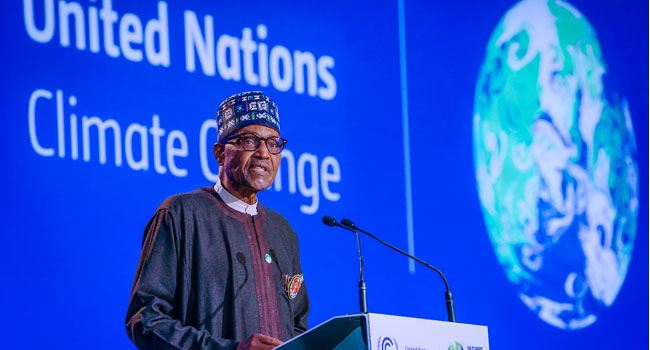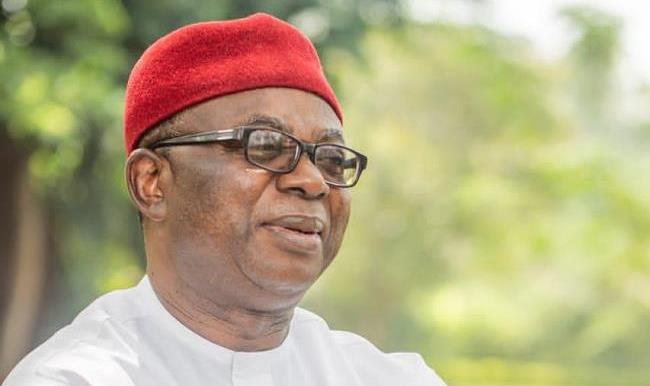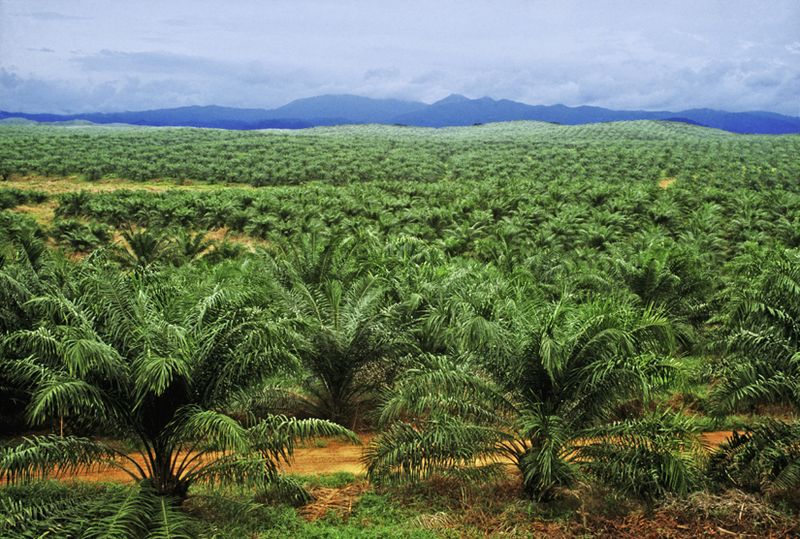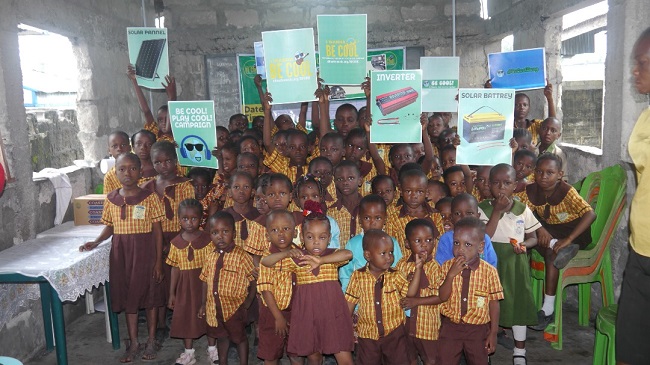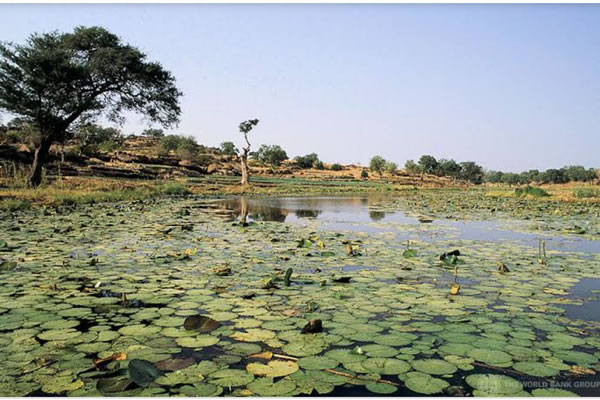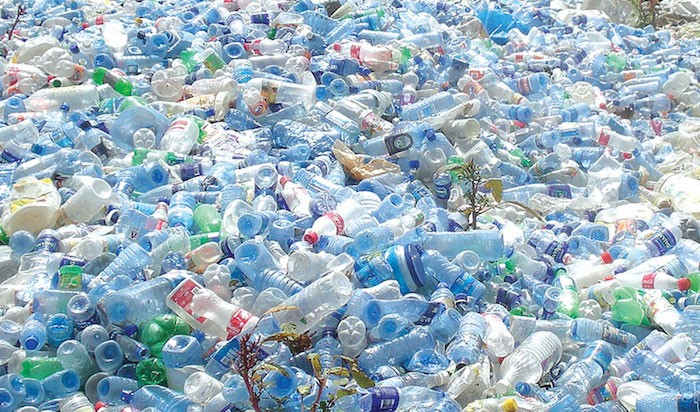As the world accelerates action to address climate change, the question is no longer whether to pursue a just transition – but how to embed it meaningfully into national climate strategies.
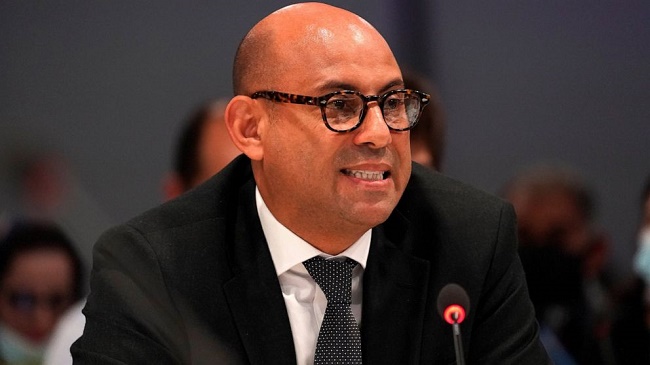
To help answer that question, the Katowice Committee of Experts on the Impacts of the Implementation of Response Measures (KCI), with the support of the UN Climate Change Secretariat, released a technical paper on Tuesday, July 15, 2025: “Just Transitions in National Climate Frameworks and Climate Policies: Experiences in Alignment, Planning and Progress Tracking”.
The report tracks progress on just transitions and examines how countries are integrating its principles into their Nationally Determined Contributions (NDCs) and Long-Term Low Emissions Development Strategies (LT-LEDS).
The concept of a just transition acknowledges that while the shift to a low-emission economy is necessary to combat climate change, it can also create significant challenges for certain regions, industries, and workers. So a just transition means managing the shift to a low-emission economy in a way that is fair and inclusive, ensuring that no one is negatively impacted by the transition.
“Climate action and just transition pathways are not separate endeavors but intrinsically linked components of broader sustainable development goals,” writes UN Climate Change Executive Secretary Simon Stiell in the report’s foreword.
The report reviews how just transition appears in national climate strategies both explicitly and implicitly, with the reference to specific themes that fall under the multidimensional concept of just transition – including jobs, gender, youth, economic diversification, inequality, and stakeholder engagement.
The report also examines policy actions in high-emission sectors like coal, oil and gas, and mobility – highlighting national and private sector approaches to support just transition, to identify best practices and foster shared learning.
To help track progress and ensure accountability, the report introduces a comprehensive monitoring framework for just transition. This new tool supports governments and companies in evaluating their efforts across the four dimensions: distributional, procedural, restorative and recognition.
Originating from the labour movement in the late 1970s, the concept of a just transition has gained traction over the past decade as countries seek to address the social and economic implications of climate action; however, evidence suggests that while the ambition is widely recognized, its practical integration into national climate planning remains uneven. For instance, the paper finds that only 26% of NDCs explicitly reference just transition, and few elaborate beyond a basic mention. In contrast, 65% of LT-LEDS refer to it more directly, though the depth varies widely.
The report addresses a key gap in climate policy planning, where socioeconomic impacts and just transition considerations often remain secondary due to limited capacity and resources. Many countries continue to face challenges in translating just transition principles into concrete policies that are inclusive, actionable, and measurable.
The paper is available here, offering open access to all stakeholders working to advance inclusive, long-term climate strategies.
This initiative reflects UN Climate Change’s continued commitment to supporting Parties in designing response measures that are fair, data-informed, and rooted in real-world needs – ensuring that no one is left behind in the transition to a low-carbon future.



